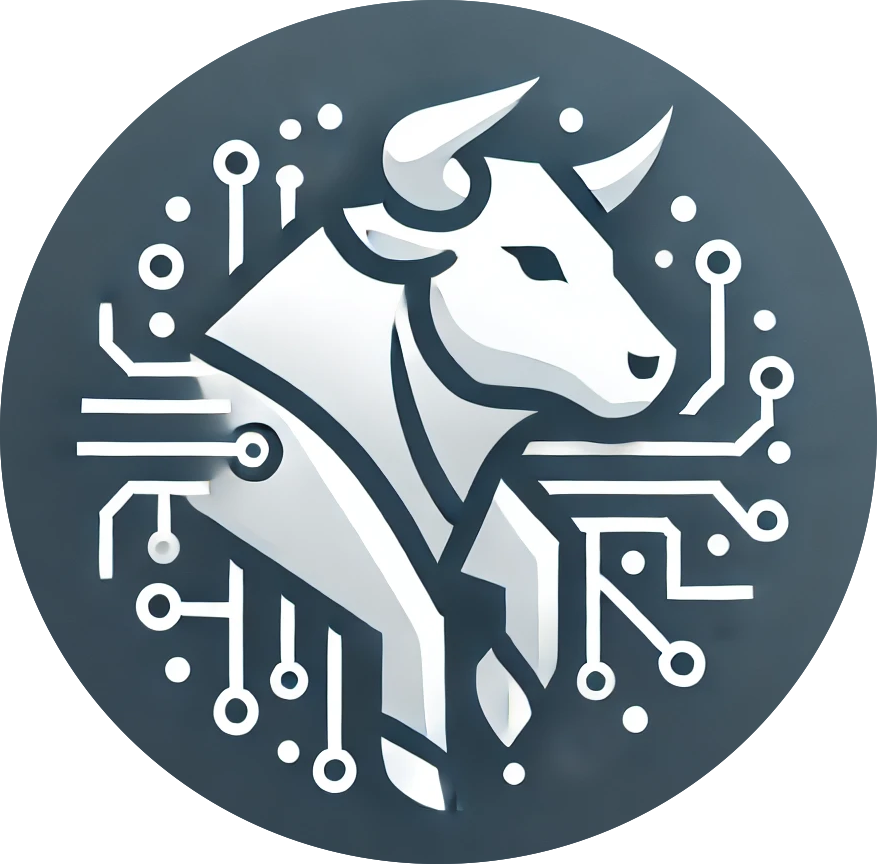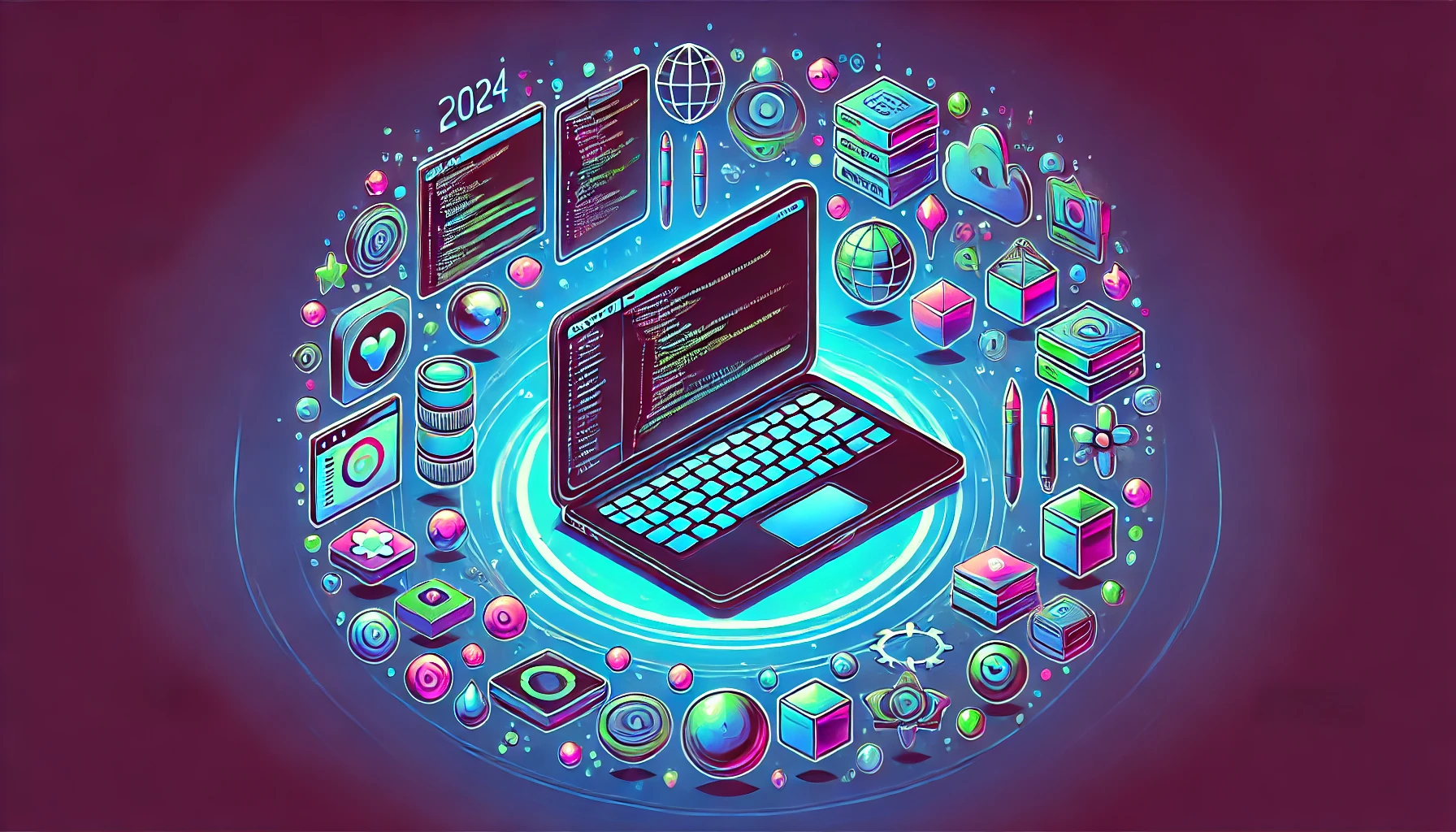In the rapidly evolving world of technology, having the right tools in your development arsenal can make all the difference. From coding efficiently to managing projects seamlessly, the right tools empower developers to build better, faster, and smarter. As we step into 2024, here are the must-have tools every developer should consider adding to their toolkit.
Code Editors and IDEs
Visual Studio Code
Still reigning as the go-to code editor for many developers, Visual Studio Code (VS Code) offers a lightweight yet powerful environment. With its extensive library of extensions, customizable themes, and built-in Git integration, VS Code continues to be a developer favorite.
Notable Features:
- IntelliSense for smart code completions
- Live Share for real-time collaboration
- Integrated terminal and debugger
JetBrains IntelliJ IDEA
For developers diving into Java, Kotlin, or other JVM-based languages, IntelliJ IDEA remains unparalleled. Its intelligent code assistance, powerful refactoring tools, and seamless integration with build tools like Maven and Gradle make it a top choice.
Notable Features:
- Advanced code navigation
- Built-in support for Spring and Hibernate frameworks
- Database tools for seamless SQL handling
Version Control
GitHub
GitHub continues to dominate the version control landscape, offering a robust platform for code collaboration and repository hosting. With features like Codespaces, Copilot, and Actions, GitHub has become more than just a place to store code.
Notable Features:
- GitHub Copilot for AI-assisted coding
- GitHub Actions for CI/CD workflows
- Codespaces for cloud-based development environments
GitLab
An alternative to GitHub, GitLab offers integrated DevOps tools that go beyond version control. Its emphasis on CI/CD pipelines and automated testing makes it a compelling choice for end-to-end development workflows.
Notable Features:
- Built-in CI/CD pipelines
- Issue tracking and Kanban boards
- Advanced code analytics
Package Managers
npm and Yarn
For JavaScript and TypeScript developers, npm and Yarn remain indispensable for managing dependencies and packages. While npm is the default for Node.js, Yarn offers faster performance and deterministic installs.
Pro Tip: Use tools like “pnpm” for even more efficiency in managing monorepos and large-scale projects.
Homebrew
For macOS users, Homebrew simplifies the installation of software packages and command-line tools, saving time and effort.
Notable Features:
- Easy software installation
- Formulae for developer tools
- Support for Linux as well
DevOps and Automation
Docker
Containerization has become a cornerstone of modern development, and Docker leads the way. It simplifies application deployment by ensuring consistency across development, staging, and production environments.
Notable Features:
- Lightweight containers
- Docker Compose for managing multi-container applications
- Docker Hub for pre-built images
Kubernetes
Kubernetes remains the gold standard for orchestrating containers at scale. It’s ideal for managing microservices architectures and ensuring high availability.
Notable Features:
- Automated deployment and scaling
- Load balancing and service discovery
- Integration with major cloud providers
Design and Prototyping Tools
Figma
As collaborative design becomes more integral to development, Figma stands out as a versatile tool for creating UI/UX prototypes. Its cloud-based approach enables real-time collaboration between designers and developers.
Notable Features:
- Interactive prototyping
- Plugins for design automation
- Cross-platform compatibility
Zeplin
Zeplin bridges the gap between design and development by generating detailed specs and assets directly from design files.
Notable Features:
- Export from Figma, Sketch, and Adobe XD
- Style guides and asset management
- Team collaboration tools
Testing Tools
Postman
API development and testing are simplified with Postman. Its intuitive interface and powerful features make it a staple for backend and full-stack developers.
Notable Features:
- Automated API testing
- Mock servers for rapid prototyping
- API documentation generation
Cypress
For end-to-end testing, Cypress offers a developer-friendly framework with real-time reloading and a powerful test runner.
Notable Features:
- Debugging capabilities
- Time travel for test execution review
- Cross-browser testing
AI-Powered Tools
GitHub Copilot
The AI pair programmer is now a reality. GitHub Copilot uses OpenAI’s Codex to suggest code and improve productivity.
Notable Features:
- Context-aware code suggestions
- Support for multiple programming languages
- Integration with VS Code
TabNine
An alternative AI code assistant, TabNine supports a wide range of languages and integrates seamlessly with popular IDEs.
Notable Features:
- AI-based autocompletions
- Privacy-focused local model options
- Language-agnostic support
Project Management
Jira
Jira remains a leading tool for agile project management. Its customizable workflows, sprint planning tools, and integrations make it a must-have for team collaboration.
Notable Features:
- Scrum and Kanban boards
- Roadmap planning
- Time tracking and reporting
Notion
For teams and solo developers alike, Notion combines note-taking, task management, and knowledge sharing in one platform.
Notable Features:
- Customizable templates
- Collaborative workspaces
- Integration with external tools
Conclusion
The tools you choose define your efficiency and creativity as a developer. While this list highlights the must-haves for 2024, remember that the best toolkit is one that aligns with your specific workflow and project needs. Explore, experiment, and evolve—because in tech, staying adaptable is just as important as staying equipped.

